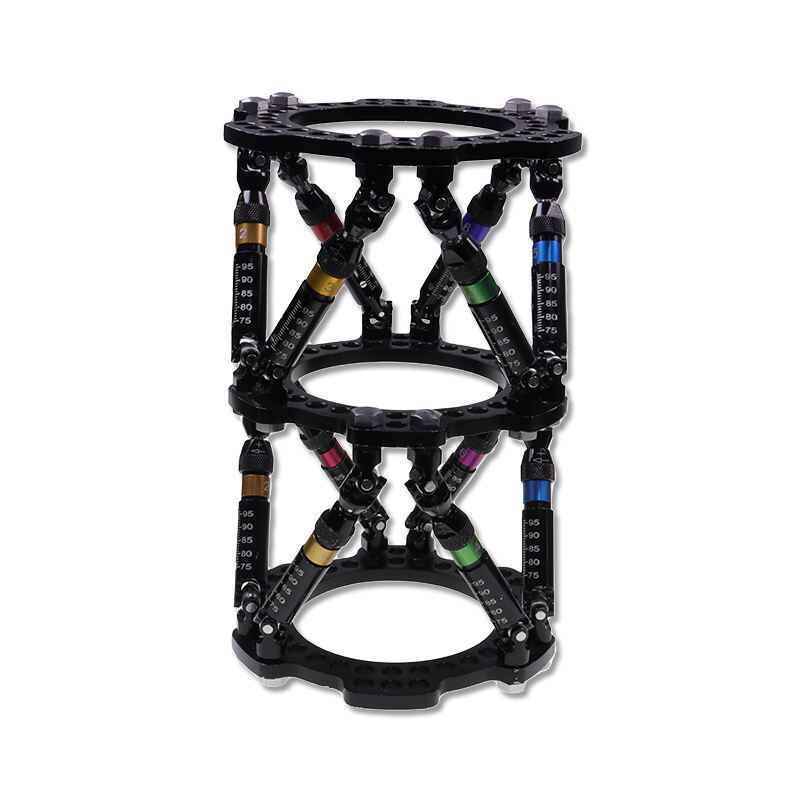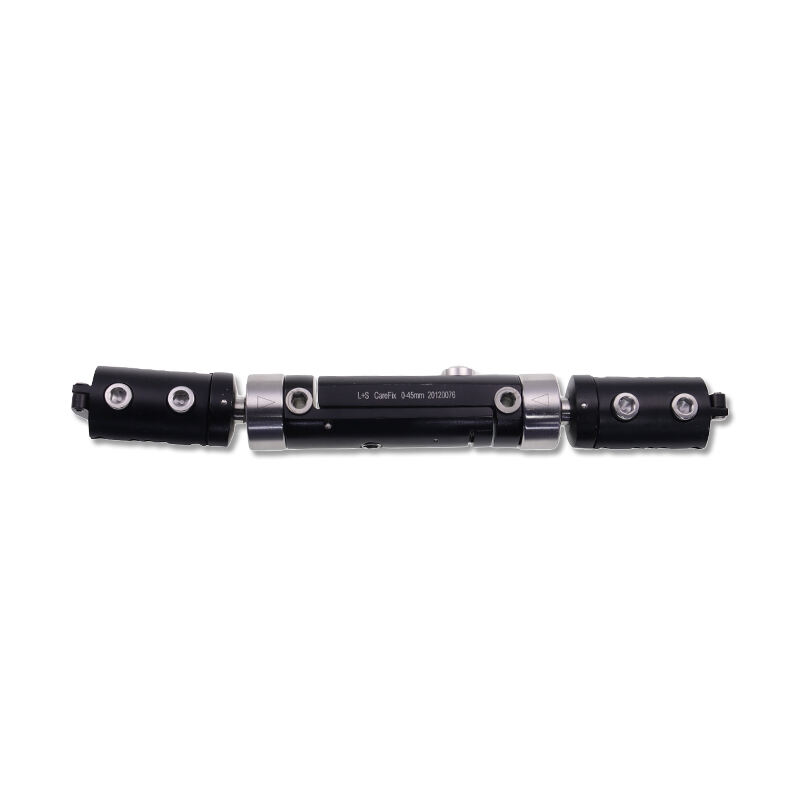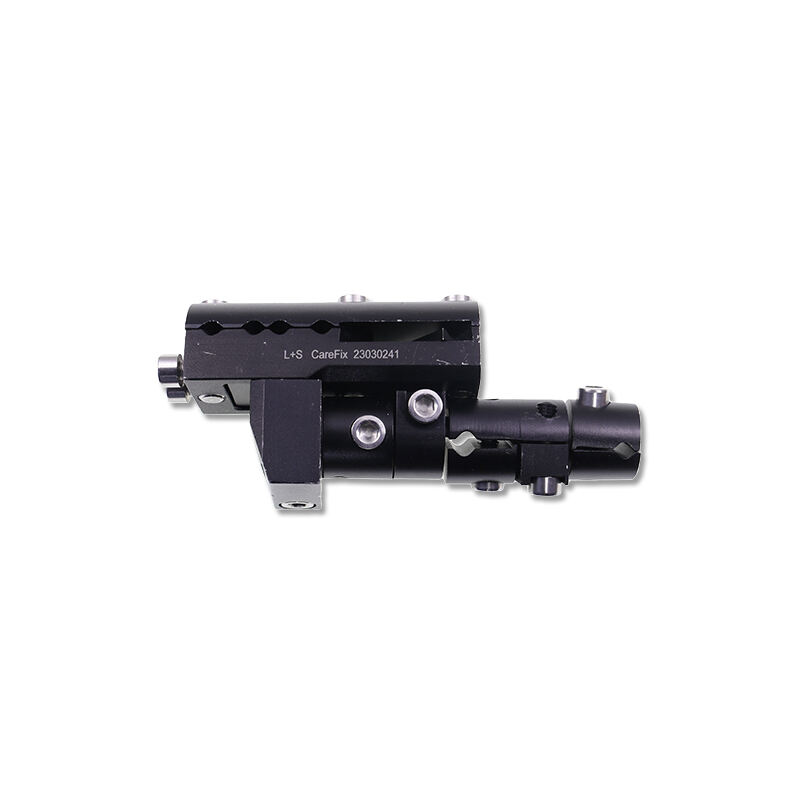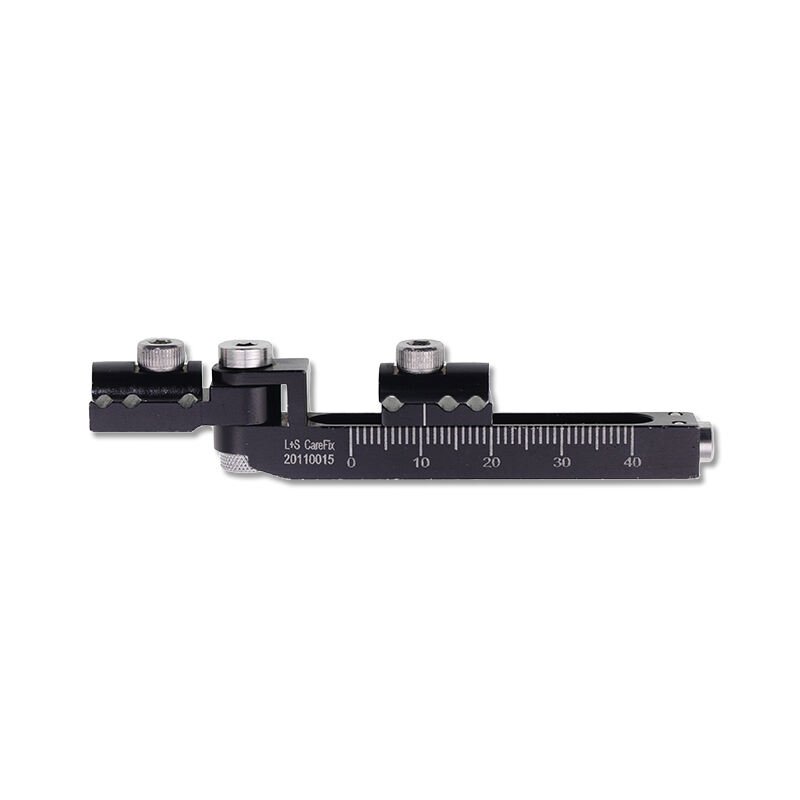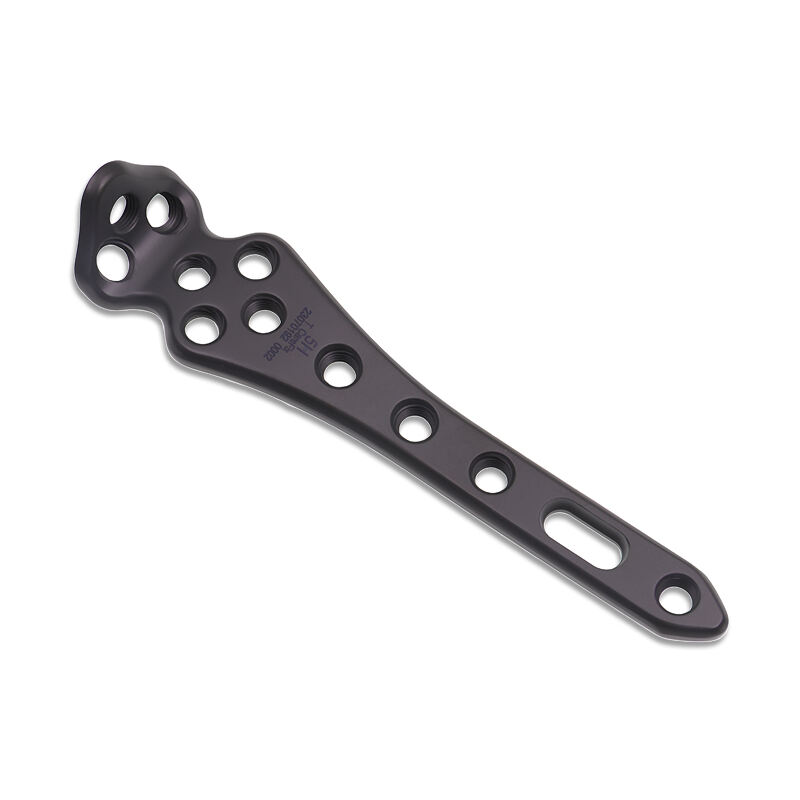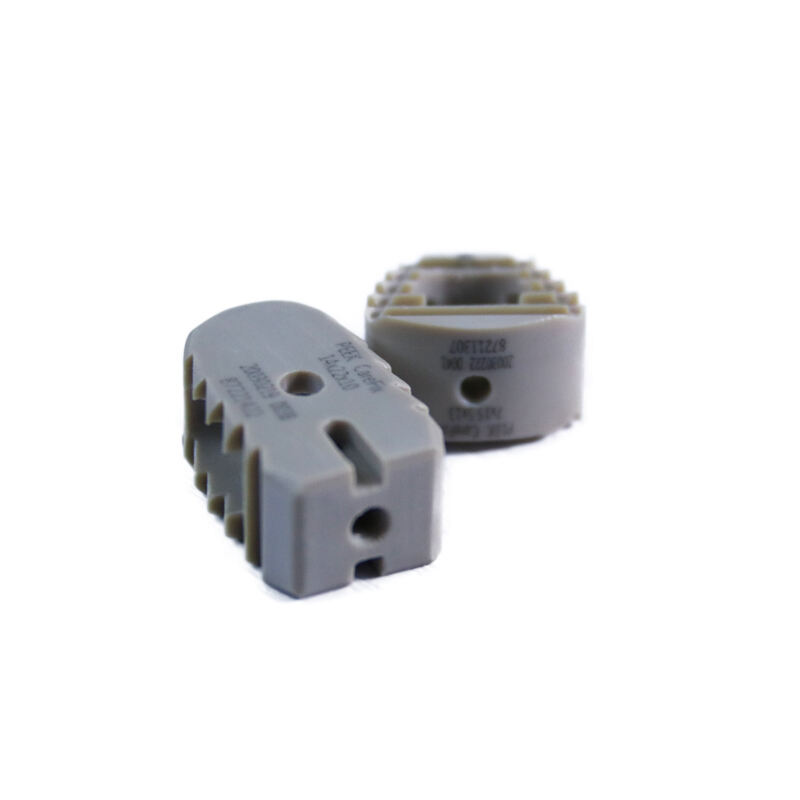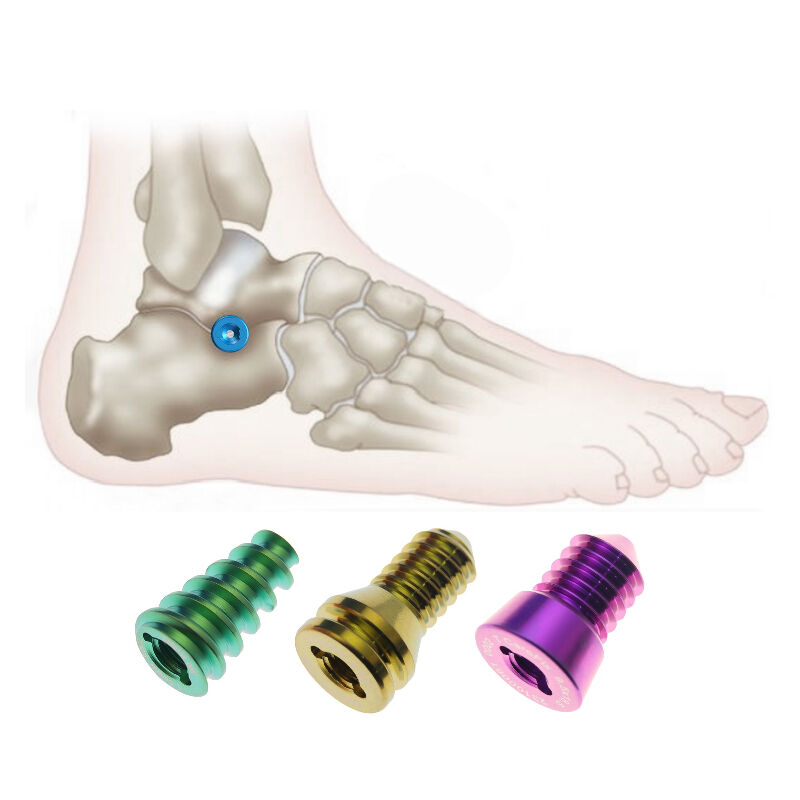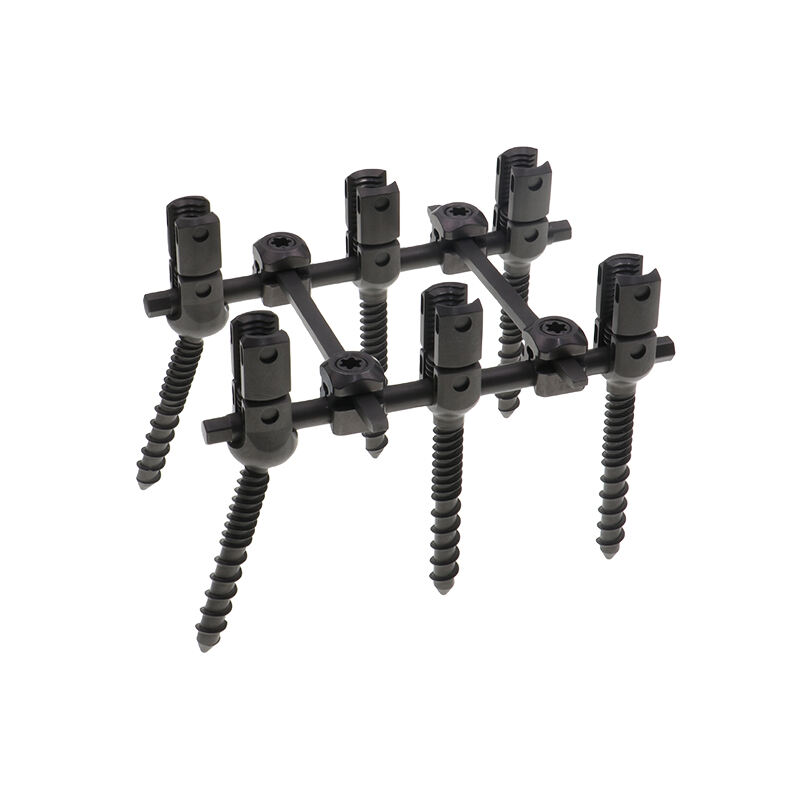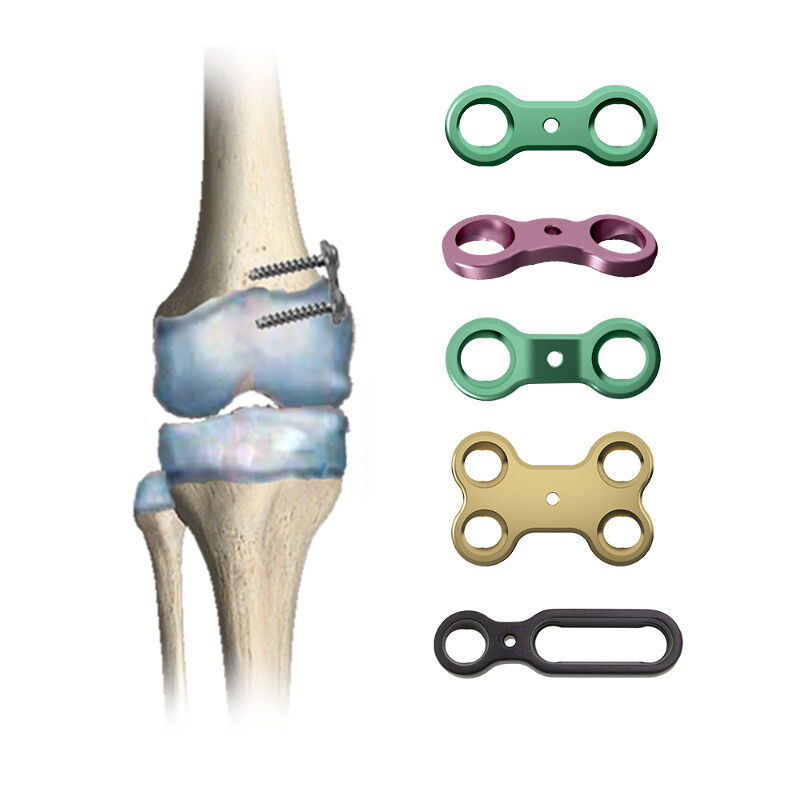orthopedic implant
Orthopedic implants represent a groundbreaking advancement in medical technology, designed to restore mobility and enhance quality of life for patients with musculoskeletal conditions. These precision-engineered devices serve as artificial replacements for damaged bones, joints, and supporting structures within the human body. Crafted from biocompatible materials such as titanium alloys, stainless steel, and ceramic composites, these implants are specifically designed to withstand the rigors of daily movement while maintaining long-term stability. The technology incorporates advanced surface treatments that promote osseointegration, allowing the implant to effectively bond with natural bone tissue. These implants find applications across a wide spectrum of orthopedic procedures, including total joint replacements, spinal fusion surgeries, and fracture repair operations. The design process utilizes cutting-edge 3D modeling and biomechanical analysis to ensure optimal fit and function for each specific anatomical location. Modern orthopedic implants also feature wear-resistant surfaces and specialized coatings that minimize friction and reduce the risk of post-operative complications. The manufacturing process adheres to stringent quality control measures, ensuring each implant meets the highest standards of safety and reliability for patient use.

